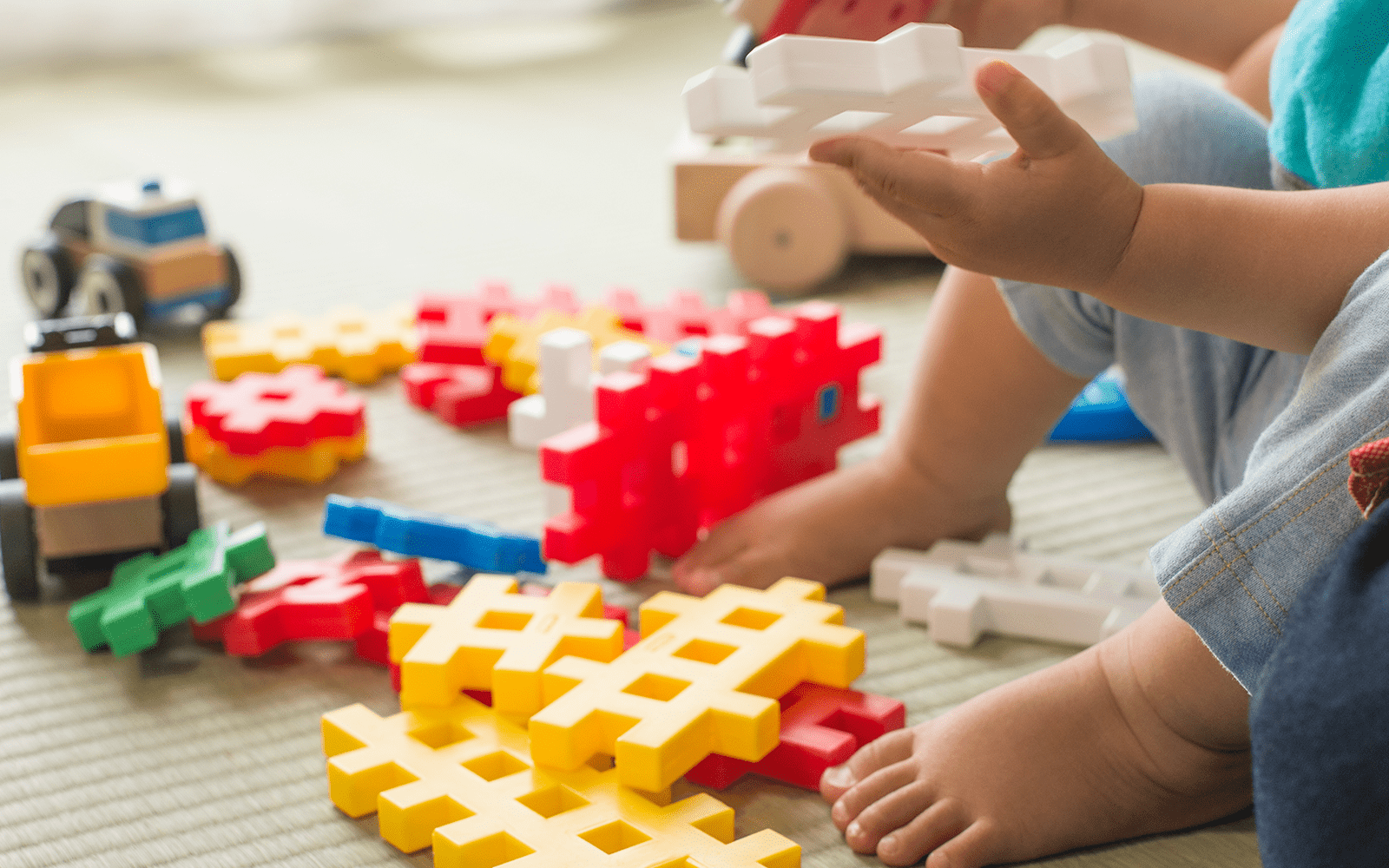
Start Early is pleased to announce the merger of Start Early and the Early Learning Lab (ELL), a nonprofit with expertise in human-centered design, systems thinking and technology solutions. As part of the merger, ELL will join Start Early as a new division operating under chief learning officer Rebecca Berlin.
The merger will uniquely position Start Early to develop new ways of working that draw upon the collective experience of both organizations in elevating parent voice, systems change, and knowledge transfer and network building. By integrating ELL’s human-centered design capacities with Start Early’s deep expertise across program, policy and research, Start Early will drive stronger, more equitable solutions, programs and policies that are better informed by community voices to improve early childhood systems across the country.
“We are excited to build on the culture of innovation that has always been at the heart of Start Early,” said Diana Rauner, president of Start Early. “The merger will extend and deepen our capabilities to innovate as we seek to elevate parent and family voice and improve early childhood programs and systems at scale.”
Start Early has long believed engaging families and elevating the voices of parents and caregivers are critical to create high-quality, equitable and effective early learning programs and systems.
The merger comes at a key juncture for the early childhood field, as COVID-19 underscored the need for a more equitable, comprehensive and sustainable early childhood system that proactively addresses existing disparities and ensures that programs meet the needs of all children and families, especially those from under-resourced communities.
ELL’s reputation for elevating parent, caregiver and teacher voice will build upon Start Early’s work to create programs and systems that are grounded in parent and provider voice through its Early Head Start & Head Start Network, Home Visiting & Doula Network, Educare Learning Network and solutions and engagement work.
“Providing services that are truly equitable and beneficial begins with understanding what families want and need,” said Sheetal Singh, executive director of the ELL. “We’re excited to join Start Early and continue our work to flip the narrative so that families and caregivers are partners in co-learning and co-designing programs and systems.”
Through the merger, Singh and five additional ELL staff will join Start Early. Additionally, Start Early will gain current ELL assets and intellectual property, including applications and online platforms.
In FY 22, ELL will continue its previous commitments funded by the Packard Foundation, the William Penn Foundation-funded Philadelphia Parent Institute and its partnership within the National Center on Parent, Family and Community Engagement (NCPFCE) to lead innovation in resource and product development and field testing.
As a part of Start Early, ELL will help advance the organization’s goal to transform the early childhood field’s ability to deliver quality at scale by generating knowledge, deploying solutions and expertise, maturing systems, and navigating the field toward a cohesive vision.
About Start Early
Start Early (formerly known as the Ounce of Prevention) is a nonprofit public-private partnership advancing quality early learning and care for families with children, before birth through their earliest years, to help close the opportunity gap. For nearly 40 years, Start Early has delivered best-in-class doula, home visiting, and Early Head Start and Head Start programs. Bringing expertise in program delivery, research and evaluation, professional development, and policy and advocacy, Start Early works in partnership with communities and other experts to drive systemic change so millions more children, families and educators can thrive.
About the Early Learning Lab (ELL)
The Early Learning Lab (ELL) was founded in 2015 to bring new methods and tools from the social innovation sector to the early childhood field to catalyze the design, implementation, and scaling of high-impact programs. ELL’s approach is based on rapid-cycle learning, human-centered design, and behavioral science, and leverages technology and data for impact and scale. ELL has deployed innovative technology and solutions in education arenas and achieved recognition for the effectiveness of their approach and tools. ELL has also brought their human-centered design work to communities through their Parent Innovation Institute programs in Oakland and Philadelphia and as an advisor for the California Department of Education (CDE), PBS SoCal, and others.

